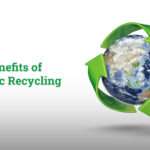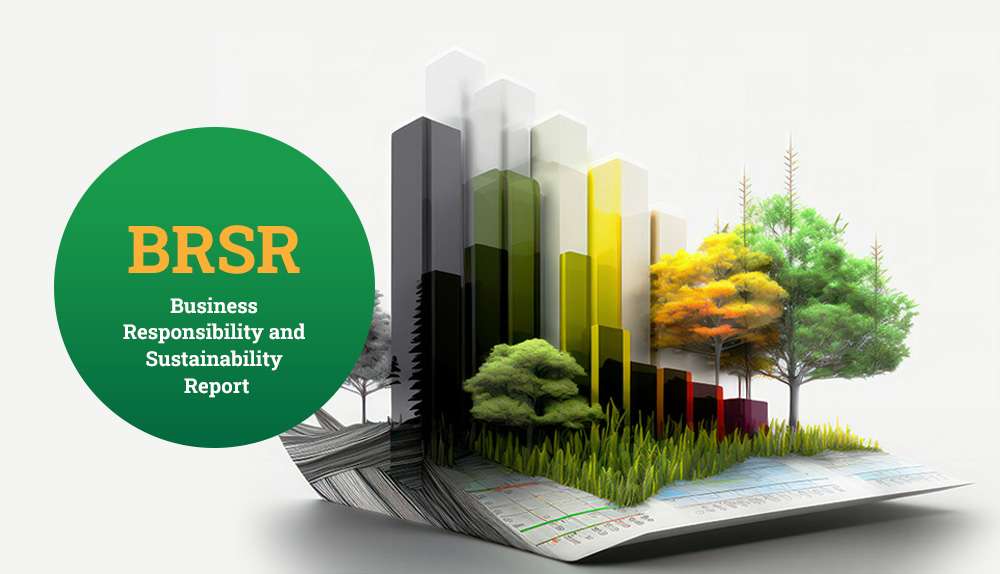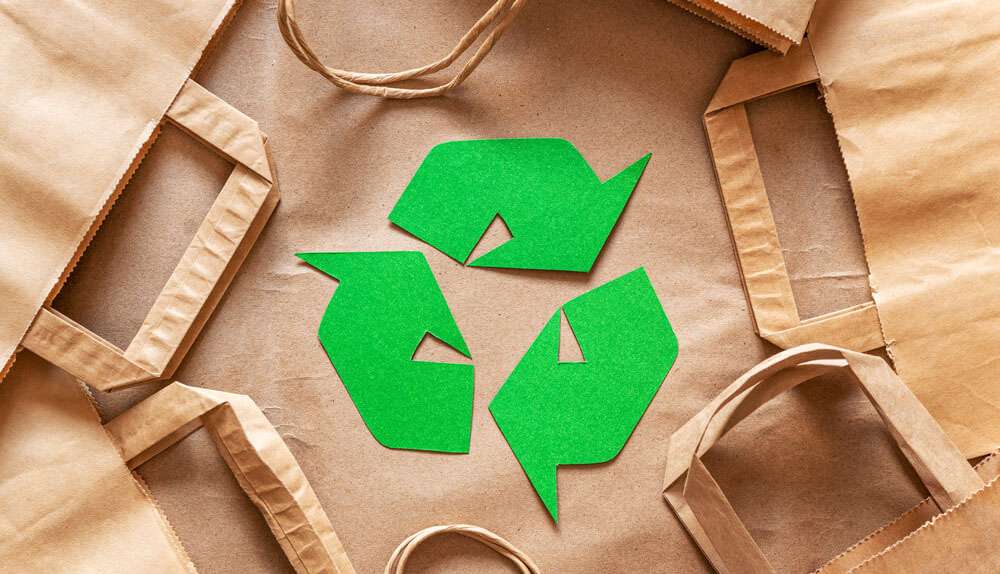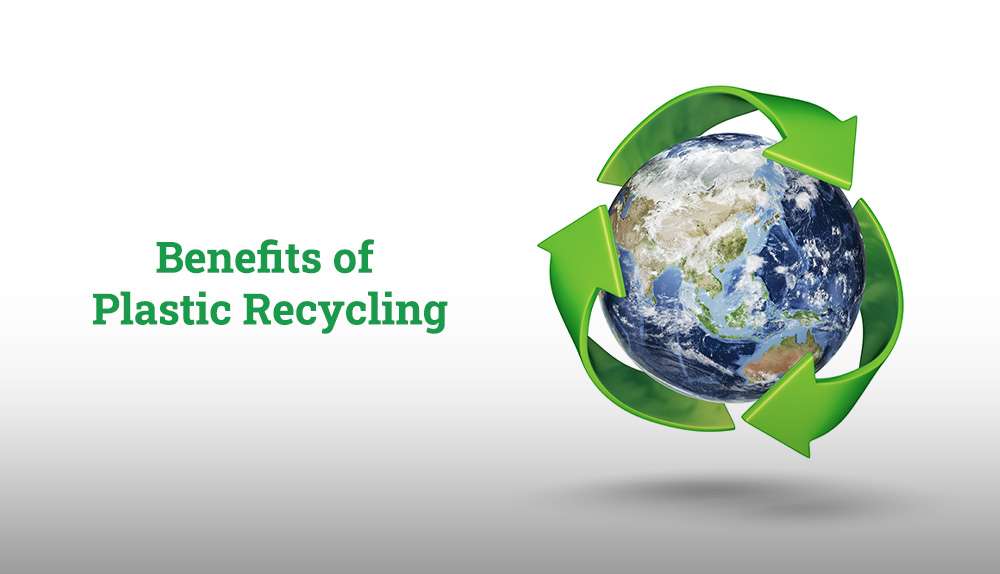Plastic pollution is a at a critical point and it is bound to increase with the growing population and increasing demand in a country like India. Extended Producer Responsibility (EPR) for plastic waste management has emerged as a key policy instrument to address this issue, placing the management and appropriate disposal of plastic products and packaging onto manufacturers.
With India’s growing population and increasing demand, plastic pollution is at a criticial point and is projected to only increase. To address this issue, EPR for plastic waste management has emerged as a key policy instrument, placing the management and the responsibility of appropriate disposal of the plastic products onto manufacturers.
EPR is an approach that implements a producer’s duty to a product to the conclusion of its cycle. A circular economy model is created that demonstrates the potential to drive advancements in innovation and economic growth within the recycling industry and in a plastic EPR company, while environmental concerns are also addressed with this policy.
Key Regulations and Guidelines
EPR implementation in India is governed by the Plastic Waste Management Rules, 2016. These rules mandate that producers, importers, and brand owners are responsible for collecting and recycling their plastic waste. The guidelines also specify certain year based targets for collection and recycling, emphasizing the need for registration with Pollution Control Board (PCB) and the EPR portal. A mandated recycled content requirement for plastic products and targets for reuse of product packaging, has also been specified in the latest amendment.
As per the 2025 EPR Guidelines, the companies are required to:
- Create systems of collection for plastic waste
- Work with recyclers to guarantee appropriate waste re-processing and collection
- Creating recyclable-friendly products by re-thinking the product design.
While these requirements pose various challenges, they will drive innovation in packaging design. This could potentially create partnership opportunities within the plastic waste management ecosystem. In order to fulfil their obligations effectively, brand Owners and manufacturers are now seeking to partner with an EPR compliant recycler.
Challenges in Implementation:
- Lack of data on the amount of plastic waste generated
- Rudimentary infrastructure for waste recycling and segregation
- Dependence on state for EPR rule enforcement
- Need to educate and raise awareness amongst buyers on waste disposal practices
In collaboration with industry players, government bodies and the civil society organizations these challenges can be tackled. The potential of EPR in India has been demonstrated by several initiatives:
- Creation of Producer Responsibility Organizations (PRO’s) to fulfil the EPR obligations together
- Collection and recycling programs led by brands in partnerships with the local communities
- Tracking and reporting plastic waste management through the development of digital platforms
- Introducing and incorporating the informal waste pickers into the formal recycling systems.
The Role of Recycling Companies
Implementing EPR for plastic waste is essential for the survival of the plastic recycling industry. Recyclers act as intermediaries that are responsible for processing collected plastic waste into good quality recyclate. Recycling companies play a key role in the EPR ecosystem to solve the plastic waste management system. This not only creates a sustainable supply chain for recycled plastics but also reduces environmental impact.
With an increase in the number of brands making an effort to meet their EPR plastic waste management targets, there will be an increase in requests for high-quality recycled plastics. This might drive up the requirement in improvements in the recycling processes, job creations in a plastic EPR company and contribute to India’s circular economy goals. And thus, EPR frameworks represent a critical financial opportunity for the recycling sector.
Future Outlook and Opportunities
The future of EPR in India looks promising, with multiple developments on the horizon:
To empower transparent tracking of plastic waste, blockchain and IoT technologies could see potential applications
- To empower transparent tracking of plastic waste, blockchain and IoT technologies could see potential applications
- There will be an increment in the market for recycled plastics in multiple industries including textiles and automative.
EPR in India speaks to an opportunity for us to move our approach towards EPR plastic waste management. Indeed in spite of the fact that this move presents challenges, the policy will set in movement a change of the plastic value chain. For the recycling industry, EPR for plastic waste presents not only an environmental advantage but a critical financial opportunity for a plastic EPR company as well.
FAQ's
What is Extended Producer Responsibility (EPR) for plastic waste?
EPR for plastic waste is an approach that amplifies a producer’s duty for a product to the end post-consumer stage of its lifecycle. In India, EPR for plastic waste aims to guarantee that brands and producers take charge of recycling and collecting all the plastic they put within the market.
What is the impact of EPR plastic waste management on plastic producers and brands in India?
EPR regulations for plastic waste management is critical for plastic producers and brands working in India. Companies are held responsible for collection of plastic waste, and engage with recyclers to guarantee collected waste is re-processed appropriately and prioritise recyclable friendly packaging choices.
What are the key regulations and guidelines for EPR in India?
The execution of EPR for plastic waste in India is represented by the Plastic Waste Management Rules, 2016, which were corrected in 2018 and 2021. The rules propose targets for collection and recycling, in conjunction with mandating registration with the PCB and the EPR portal. The amendment’s presented, targets the reuse of product packaging and mandates minimum recycled substance for certain plastic items.
What are the key challenges in implementing EPR plastic waste management in India?
In India, implementation of EPR for plastic waste management faces a few challenges, counting the lack of information on plastic waste generated, lack of basic framework for efficient waste recycling and segregation. A collaboration between government entities, industry players, and civil society organizations.
What is the role of a plastic EPR company within the EPR ecosystem in India?
Recyclers act as vital mediators and Recycling companies play a crucial part within the modern EPR system. As more brands proceed to contribute in different angles to satisfy their EPR targets, The EPR for plastic waste system puts forward an opportunity for critical economic development for the recycling segment, expanding further the demand for high-quality recycled plastics.
Let's Embrace EPR to Support a Ciruclar Economy
As businesses shift from a linear to a circular economy, Extended Producer Responsibility.


 BRSR Reporting in India: Applicability, Format, Guidelines, Benefits
BRSR Reporting in India: Applicability, Format, Guidelines, Benefits Debunking color: How our desire for color impacts packaging sustainability
Debunking color: How our desire for color impacts packaging sustainability What Are the Benefits of Plastic Recycling?
What Are the Benefits of Plastic Recycling? How to Register for EPR for Waste Management in India
How to Register for EPR for Waste Management in India 10 Ways to Reduce Plastic Pollution
10 Ways to Reduce Plastic Pollution


